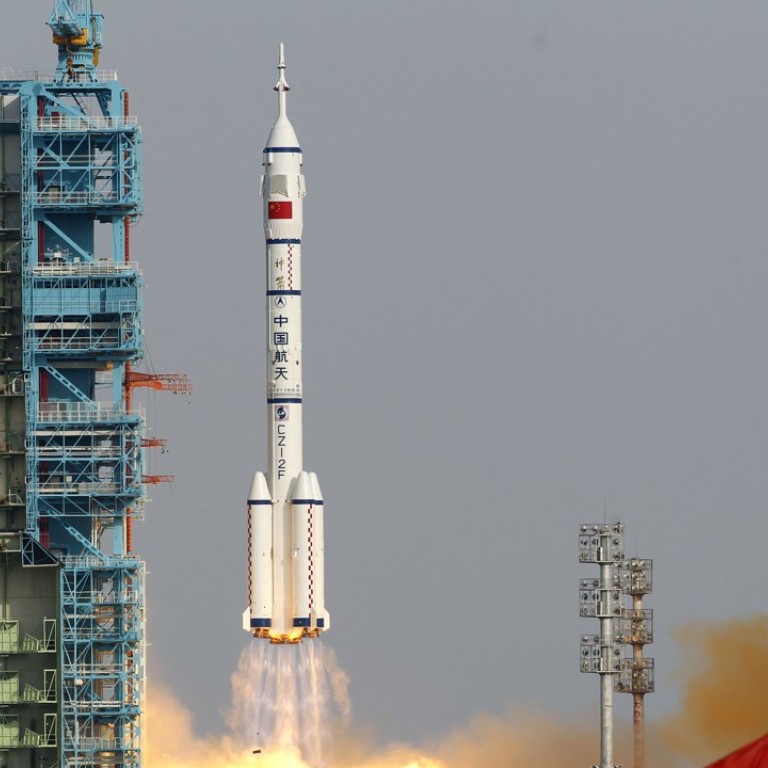
Why China’s aerospace experts have become Xi Jinping’s new political elite
Four former aerospace engineers are now provincial governors
China’s Communist Party has decided that veterans of the country’s space programme have the right stuff for promotion to important political roles in key provinces.
Giving new meaning to the term high-flier, four aerospace engineers have become provincial governors in the past four years.
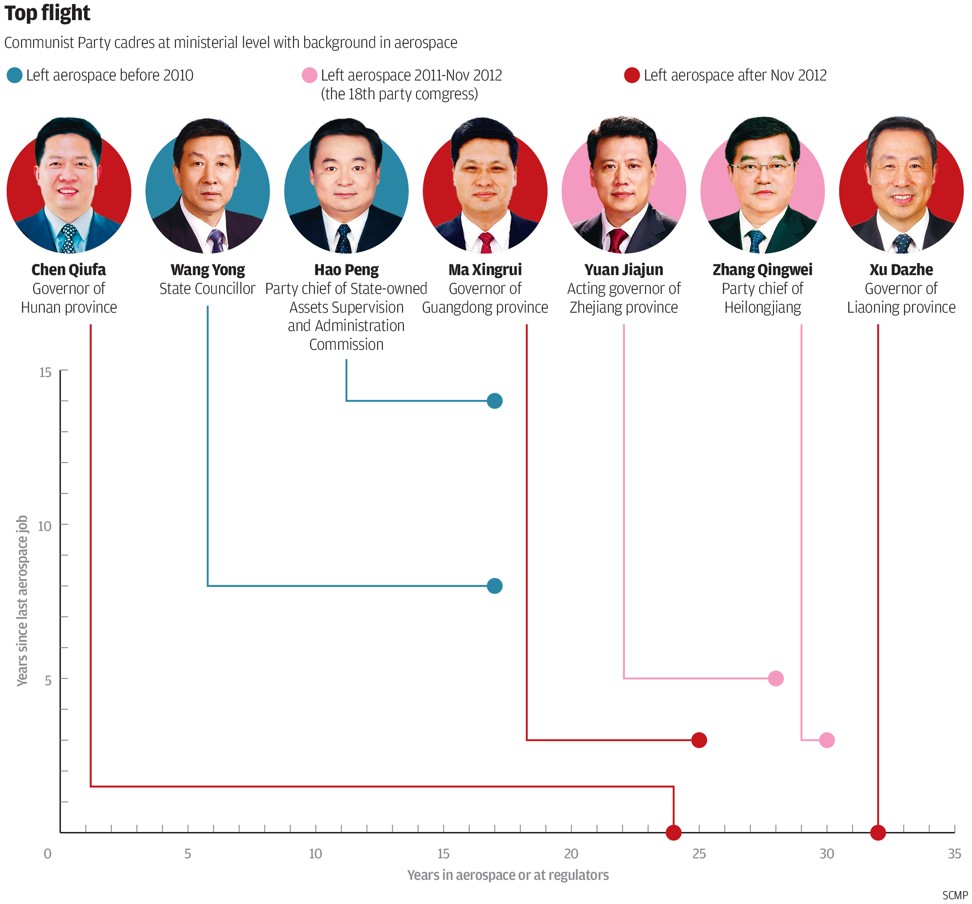
Until five years ago the quartet worked at either CASTC, a state-owned group that has spearheaded the technological development behind China’s ambitious space exploration programme – producing the country’s rockets, satellites and missiles – or the China National Space Administration, which is in charge of that programme.
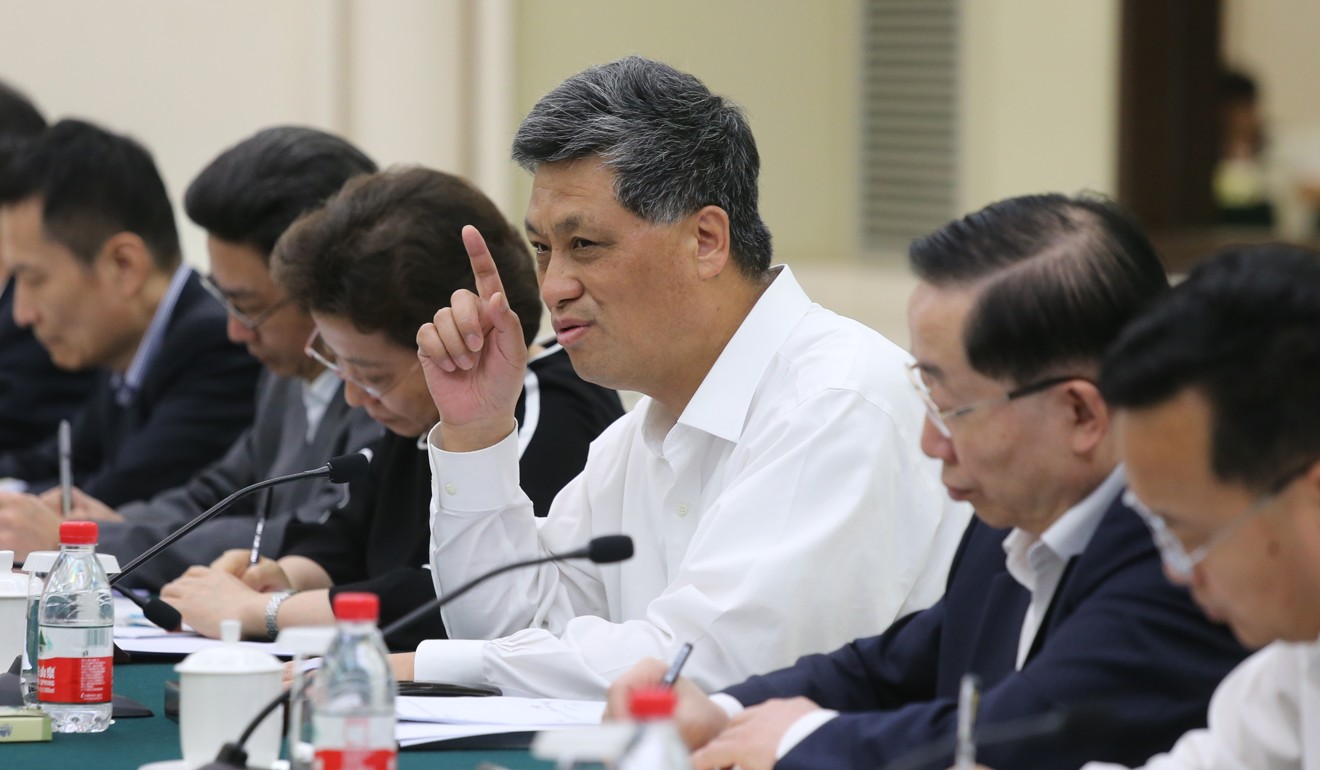
In the past, provincial governors were predominantly selected from the ranks of those working in local government or the heads of prominent ministries. The political rise of a group with similar backgrounds has usually been linked to the power of a major faction or influential figure, such as party general secretary Xi.
People who have worked with the former aerospace engineers say the technocrats developed a cocktail of traits that appeared tailor-made to appeal to the current leadership. They did not cook the books, were willing to make necessary but unpopular decisions and were largely untainted by factional allegiances.
“A handful of people from our company have become governors in recent years. I think it has something to do with principles we follow here,” said CASTC missile scientist Bao Weimin. “We don’t cook the books. The satellites and rockets won’t work if we do.”
While the credibility of China’s economic data has long been widely questioned, its fabrication was confirmed in January when Chen used his annual government work report to publicly slam his subordinates and predecessors in Liaoning for falsifying economic data from 2011 to 2014.
Chen vowed to correct Liaoning’s economic data, even though the province would “lose some face”. In 2015, his first year as governor, it reported China’s slowest gross domestic product growth rate – just 3 per cent.
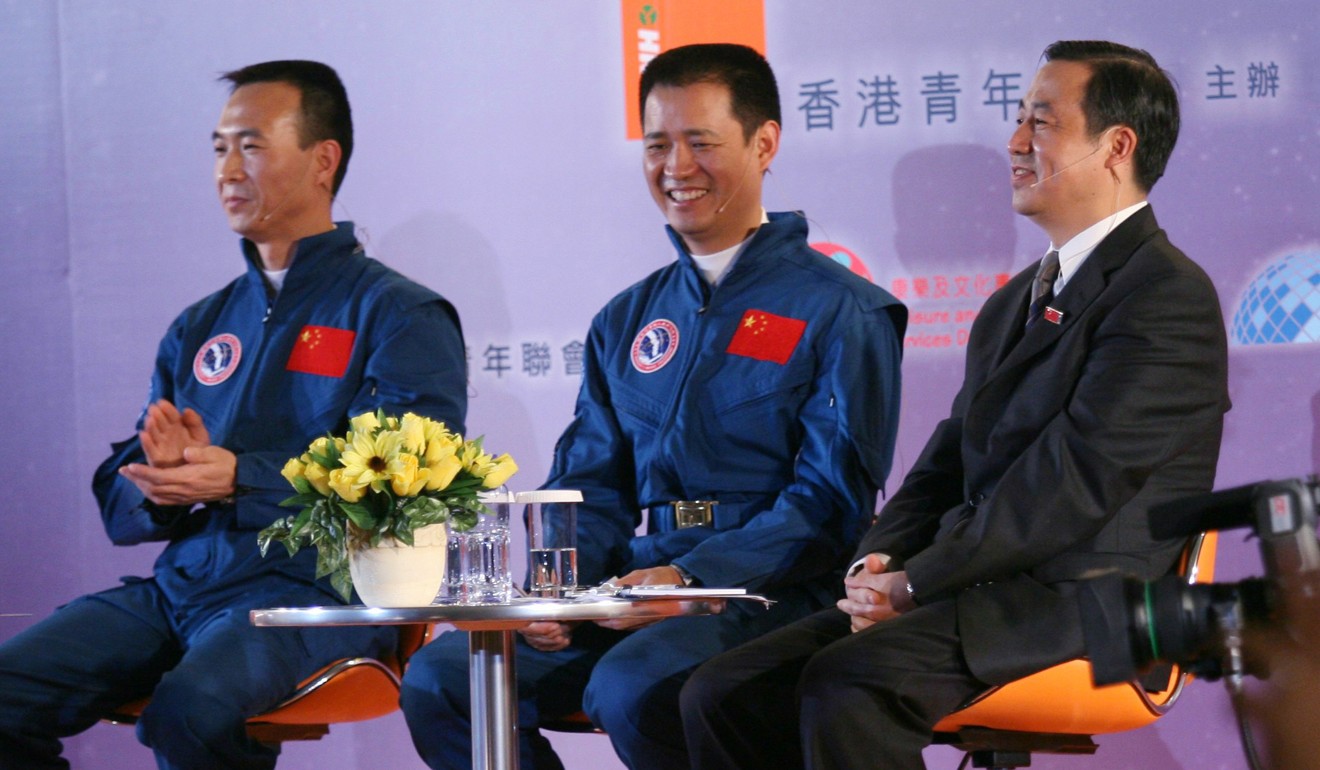
“I think they are people who want to make a difference,” said Bao, adding that the quartet had been “very outstanding” in the aerospace field and had given up a lot to serve the country.
“Ma’s annual salary here [at CASTC] was easily around a million yuan a year, but it will be no more than 200,000 (US$29,000) as a governor,” Bao said.
Bao said another aerospace veteran, Heilongjiang party secretary Zhang Qingwei, had blazed a path for the quartet when he was appointed acting governor of Hebei in 2011.
Like the United States and the former Soviet Union during the cold war, China has long seen advances in aerospace technology as a global status symbol and a pathway to military modernisation. As a result, it has invested heavily in the industry.
The aerospace industry has also become an important part of party propaganda. The “spirit of aerospace” has been listed alongside the “spirit of the Long March” and “the spirit of Yanan” as a symbol of patriotism and personal devotion. The Long March was a year-long retreat by communist forces in the mid-1930s, during the civil war, that saved the party from annihilation, while Yanan, in Shaanxi province, was where the party leadership was based after its conclusion.
Only one other industry, the oil sector, has ever been given such ideological prominence.
Guangdong governor Ma, 58, left CASTC to become party chief of Shenzhen in 2013.
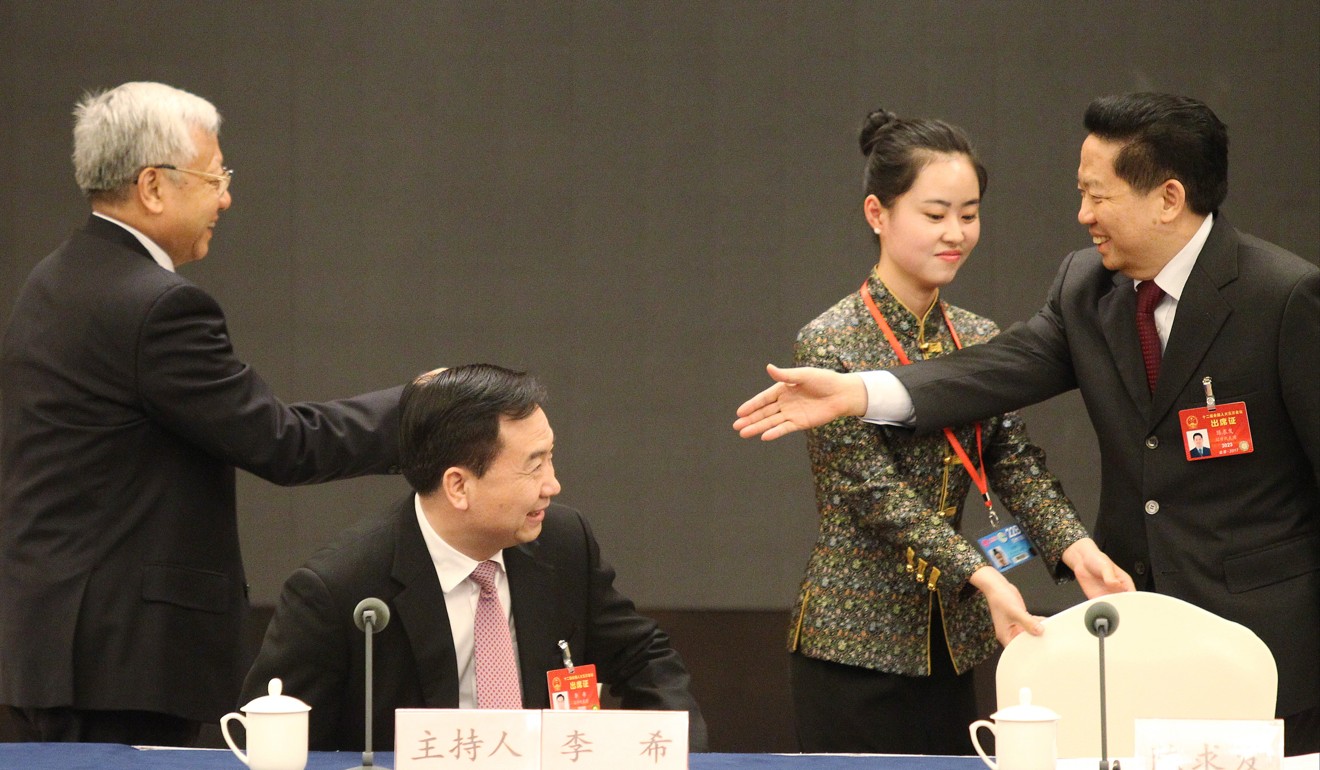
“We visited him after he moved to Guangdong; he was straightforward, vigorous and daring,” Bao, a long-time subordinate, said. “He gives people pressure. And you can tell from his face when you don’t do a good job.
“Before he departed, he said to us: ‘I might have used harsh words to criticise a lot of you. I might even have offended many, but I never fired any of you.’”
Guangdong officials described Ma as “decisive” and said he tended not to “overcomplicate things”. And once a decision was made, they said, he wanted them to execute it speedily but not sloppily.
Hunan governor Xu remains proud of his aerospace roots.
“I was among the main leaders of two enterprises that are both among the world’s top 500,” he told journalists in Hong Kong last month. “Aerospace is all about being diligent. It’s all about doing solid work.”
However, some people have expressed concern about the technocrats’ ability to thrive in provincial politics.
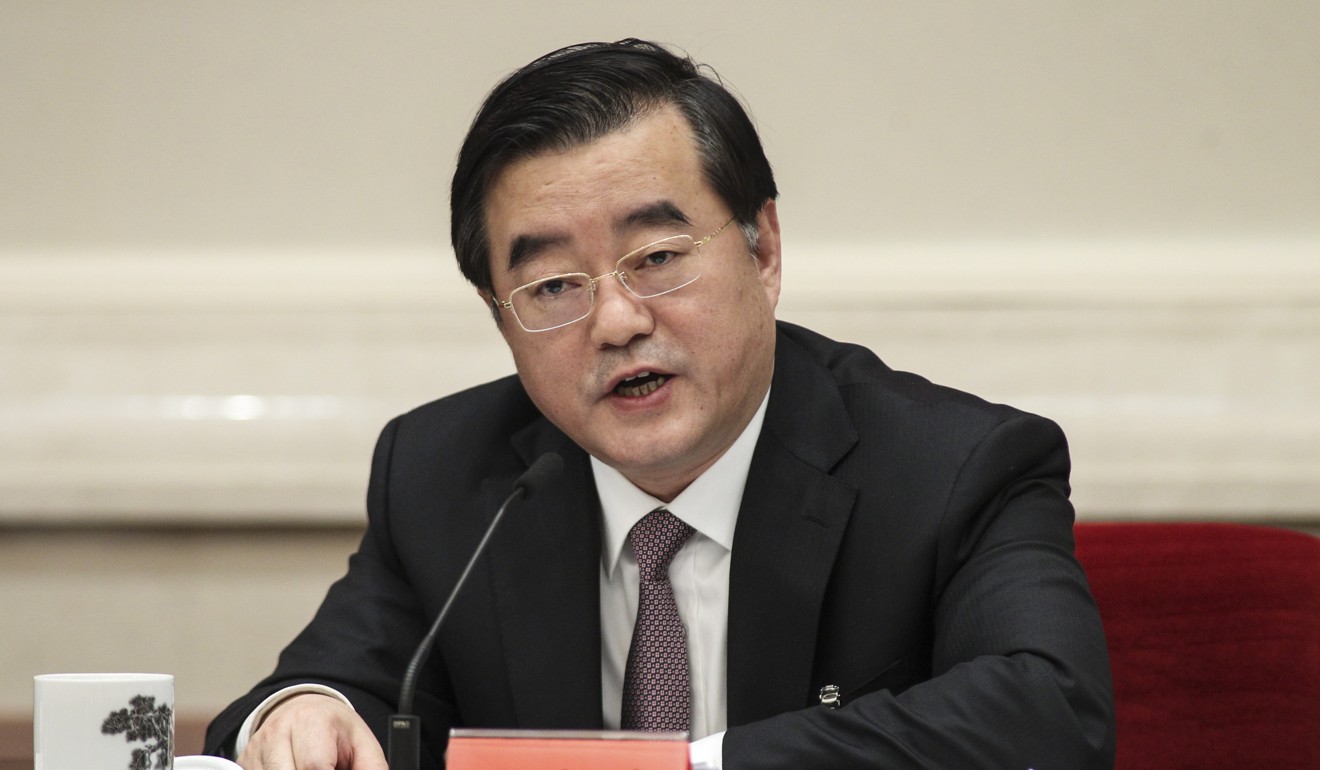
“When they were managers at the aerospace corporation, they stuck to their own opinions. That could be a problem at local governments,” said Xu Shijie, a missile scientist at Beihang University who briefly worked with some of the new governors before they left the industry.
“Things could be more delicate in local governments and collective decisions should be better respected ... there will be a problem when they make wrong decisions.”
Chongqing mayor Zhang Guoqing, a former general manager of the army’s main weapons supplier,
China North Industry Corporation, is another provincial-level leader with a background in military-related technology
Zhang, who became the southwestern municipality’s mayor last year, told the South China Morning Post in March that an awareness of state security had been among “the most useful experiences” in his new role.
“People from the defence industry will naturally ground their thinking on state security, and at a national level,” he said. “This has greatly helped my job as a mayor.”
Ma has previously expressed concern about China’s place in the landscape of international weapons development.
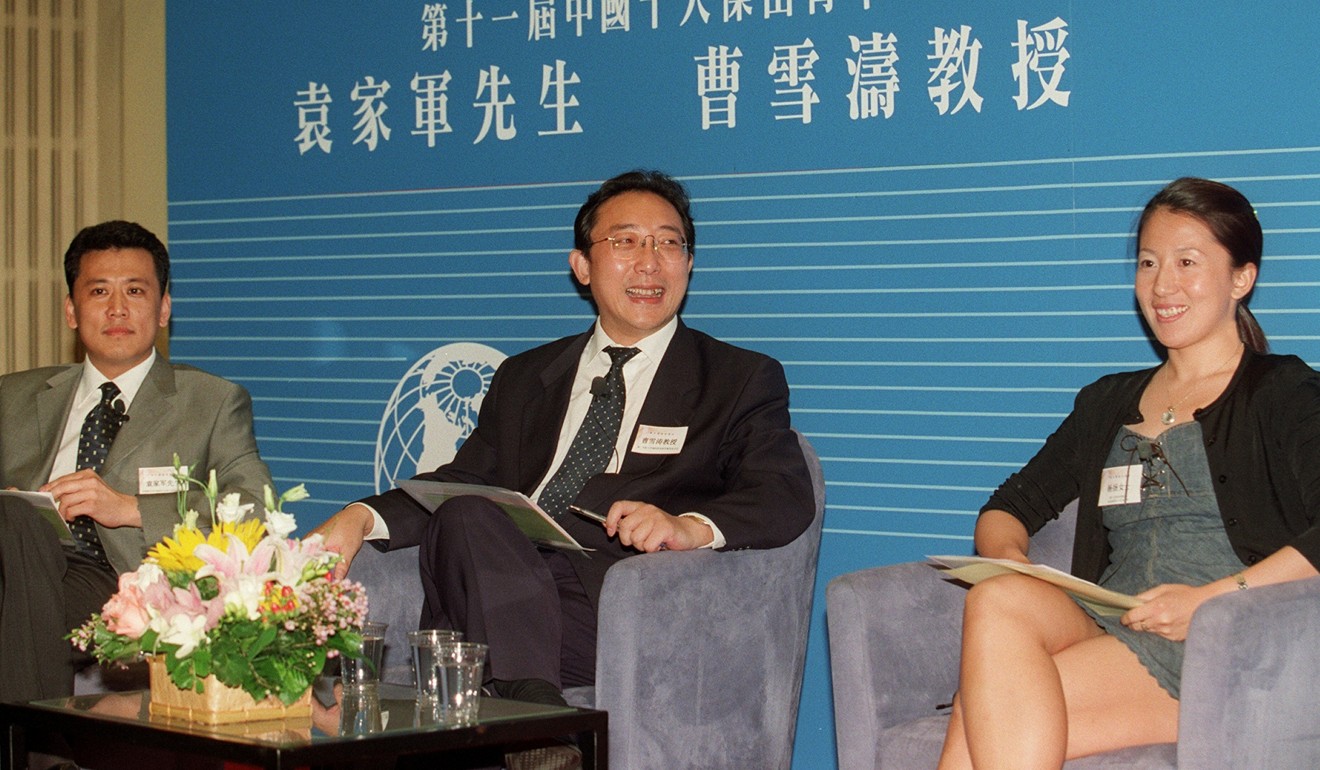
“The US has more than a dozen aircraft carriers, most of them nuclear ones, but we only have one,” Ma said four years ago. “The US and Russia have been exploring Mars ... but we haven’t landed on the moon yet.
“There are still plenty of things to worry about ... we are making progress, but so are other countries.”
China launched its second aircraft carrier – and first home-grown one – last week.
Former People’s Liberation Army lieutenant general Xu Xiaoyan, who worked with most of the engineers who went on to become governors, said the technocrats’ detachment from factional politics was a rare trait among Chinese cadres, and one that would have been greatly valued by the current leadership.
Political loyalty has been made a priority in recent years, with many senior cadres arrested for corruption also accused of trying to form their own factions and challenging the leadership’s authority.
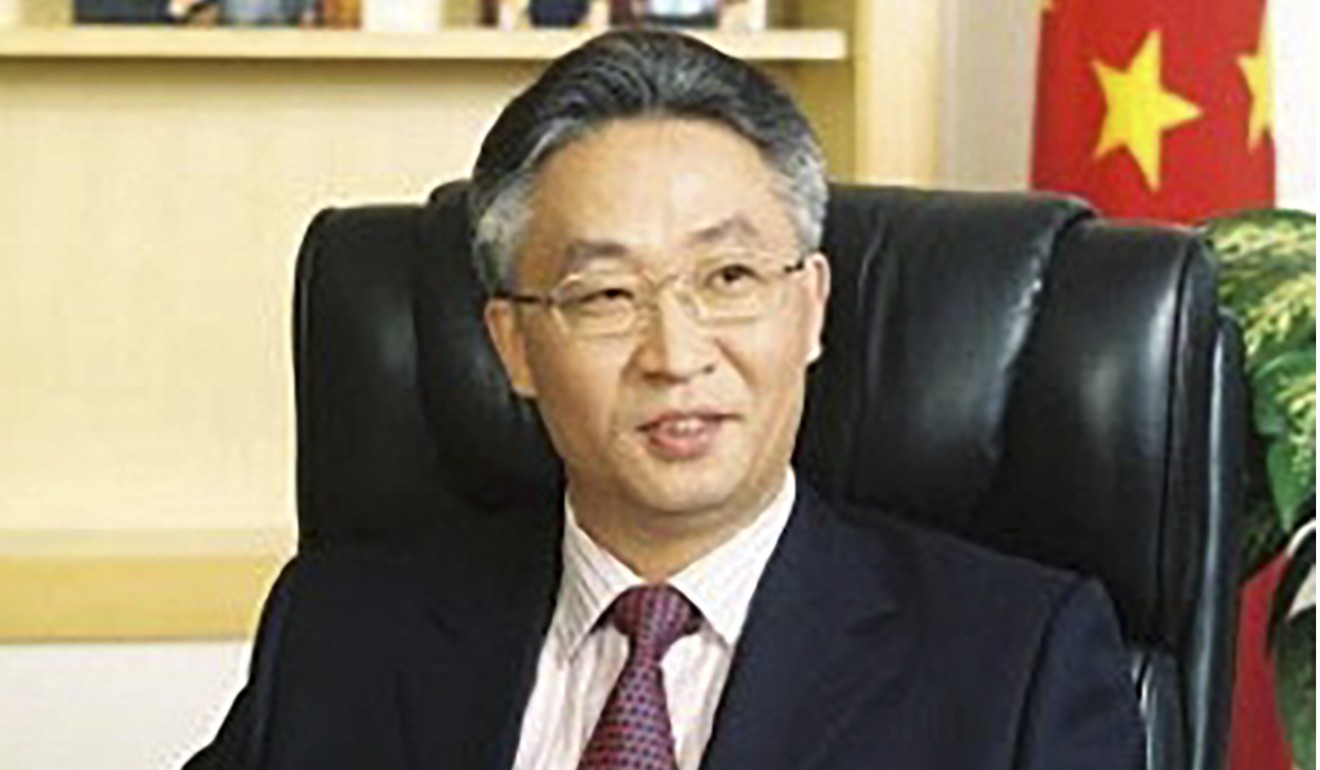
“They are all pretty clean in terms of politics, and have not gotten involved in any factions,” said Xu, who worked for the PLA’s general armament department, which before a recent reorganisation was the main client of China’s state-owned defence corporations.
“They are quite harsh to their subordinates, but of course they only said nice things to us.”
Additional reporting by Nectar Gan and Eva Li

